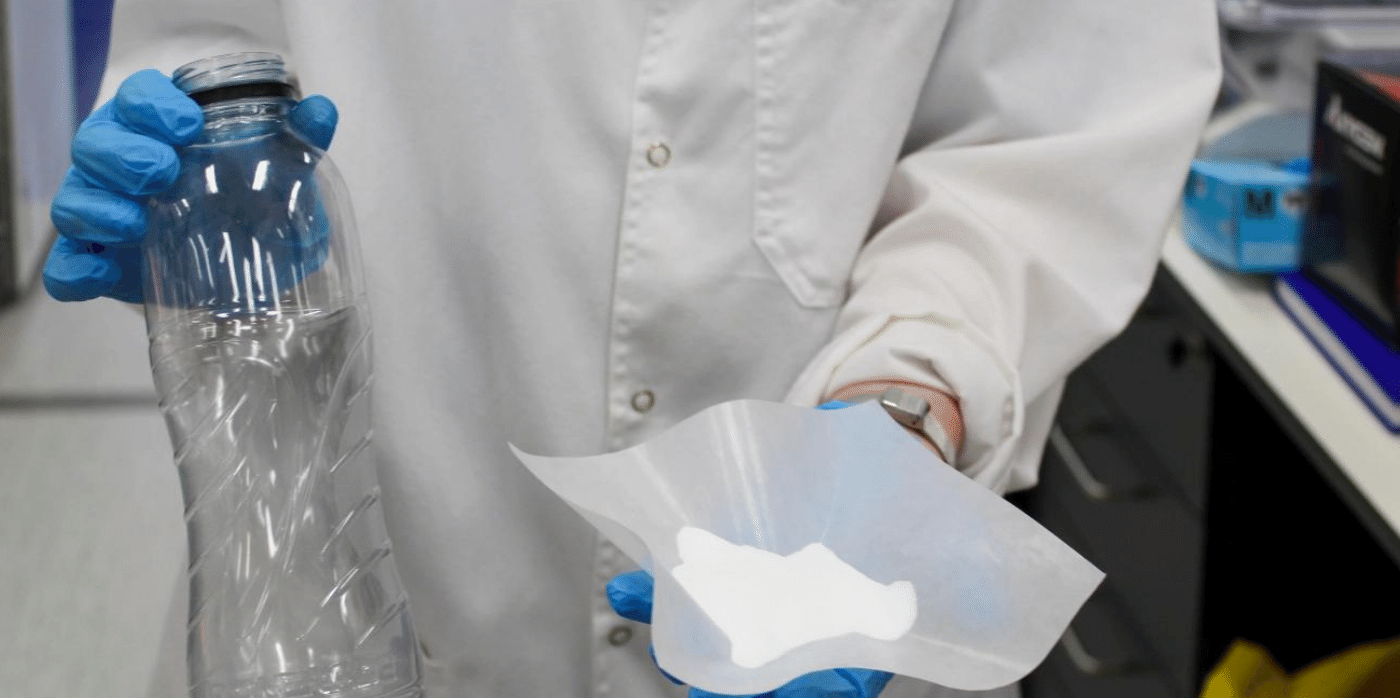Spotted: What if there was a way to help eliminate the global plastic crisis without having to significantly compromise any of the conveniences we’ve grown accustomed to in our everyday lives? Meet Samsara Eco. With enzyme-based technology that can break down plastics, the Australian enviro-tech startup may have just what we need. The company’s innovative solution can break down single-use plastics into harmless organic molecules that can be easily recycled or composted.
This ‘cradle to cradle’ solution offers a way to recycle plastics sustainably, recreating them into new plastic or upcycling them into more valuable commodities. Enzymes—organic substances that catalyse bio-reactions—are the key to the technology. The enzymes break plastic ‘polymer’ molecules down into their constituent parts – known as ‘monomers’.
Samsara’s process is carbon neutral, and can be performed at room temperature. This is a significant benefit compared to other advanced plastic recycling processes – which require large amounts of heat. The startup therefore offers a more sustainable method of recycling, estimating that it will save 3 tonnes of carbon emissions for every tonne of plastic recycled using the process.
Founder and CEO of Samsara Eco Paul Riley explains that the technology ensures that plastics no longer need to be made from fossil fuels or plants, and won’t end up in landfills or oceans. He explains, “The motivation behind this work comes from our concerns about the environment, especially relating to carbon emissions and plastic waste, combined with our love of enzyme engineering – being able to design proteins to do new and useful things.”
Founded in 2021, the startup has a team of 13 composed of scientists, engineers, and researchers from the Australian National University in Canberra. The startup’s long-term vision is to extend its technological capabilities to infinitely recycle other oil-derived plastic products such as clothes made from polyester and nylon.
Other innovative recycling technologies recently spotted by Springwise include a decentralised network of advanced recycling sites, a chemical-free process for turning plastic into a building material, and a water-based recycling process for hard-to-recycle plastics.
Written By: Katrina Lane
4th April 2022
Website: samsaraeco.com
Contact: samsaraeco.com/contact-us

